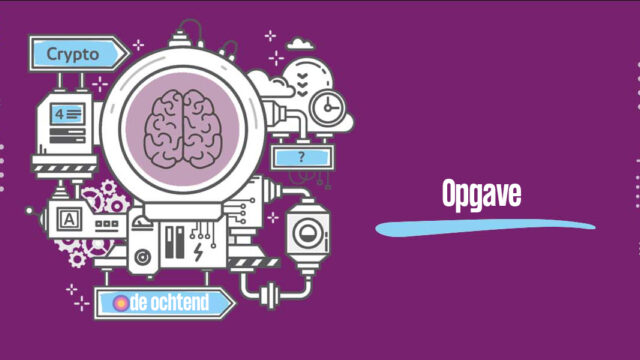The Impact of U.S. Sanctions on North Korean Cyber Operations
On November 4, 2025, the United States Treasury Department enacted significant sanctions aimed at individuals and entities involved in North Korea’s cybercrime network. Eight individuals and two companies were sanctioned for their role in laundering over $3 billion stolen in cryptocurrency. This enforcement action emphasizes the critical intersection of cybersecurity and international relations, particularly concerning North Korea’s nuclear ambitions.
International Cooperation Against Cybercrime
The sanctions reveal a detailed approach to combatting North Korea’s global schemes involving cyberattacks, wire fraud, and cryptocurrency manipulation. The Treasury’s Office of Foreign Assets Control (OFAC) clarified that these funds have been utilized to advance North Korea’s nuclear weapons and missile programs, a threat that looms over global security.
Details of the Sanctioned Entities
Among those sanctioned, notable figures included North Korean bankers Jang Kuk Chol and Ho Jong Son, who were found managing a significant amount of cryptocurrency for an already-sanctioned North Korean bank. Their activities, especially involving ransomware directed at U.S. institutions, serve as a stark reminder of how intertwined cybercrime is with national security threats. This exemplifies the broader concern for ordinary citizens, as cyberattacks can disrupt financial systems and endanger data integrity.
Global Financial Networks and Illicit Financing
Crucially, the crackdown extended to various financial entities and IT firms, particularly the Korea Mangyongdae Computer Technology Company (KMCTC). This firm utilizes proxies to operate internationally, thereby circumventing sanctions. The IT workers often assume fake identities and exploit global freelance opportunities to funnel profits back to North Korea. Such practices not only sustain the regime financially but also infiltrate the integrity of the global gig economy.
The Scale of North Korean Cyber Activities
The sophistication of North Korea’s cyber operations continues to astonish experts. Reports indicate that North Korean cyber actors have been responsible for cyber-enabled espionage and financial theft at an unprecedented scale. Over the last three years, they have reportedly appropriated more than $3 billion in digital assets, employing advanced techniques like malware and social engineering tactics.
Consequences of the Sanctions
U.S. sanctions are designed to restrict any property interests linked to the designated individuals and firms within U.S. jurisdiction. This action prohibits American citizens from engaging in transactions with these individuals, sending a clear message to the global financial community: facilitating North Korea’s illicit activities will not be tolerated.
The Broader Trend in Cybersecurity and Financial Sanctions
The Treasury’s actions highlight a growing trend in the international arena where cybersecurity, finance, and national security are increasingly interconnected. The extensive network of shell companies and complicit financial institutions, including specific banking entities in China and Russia, illustrates the complex web that supports North Korea’s financially motivated cyber operations.
Conclusion: A Call for Continued Vigilance
In the evolving landscape of digital finance, North Korea’s increasingly sophisticated methods challenge the global community. As stated by John K. Hurley, the Treasury’s Under Secretary for Terrorism and Financial Intelligence, the ramifications of these cyber operations extend well beyond national borders, posing direct threats to both U.S. and global security levels. The latest sanctions are an essential step in a high-stakes battle to disrupt and dismantle the networks that enable North Korea to fund its nuclear aspirations.



